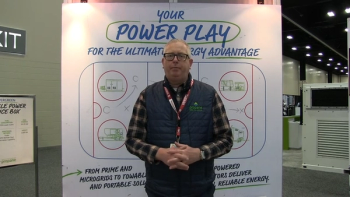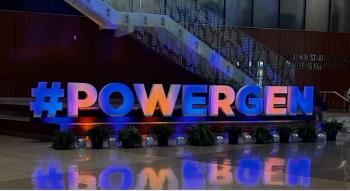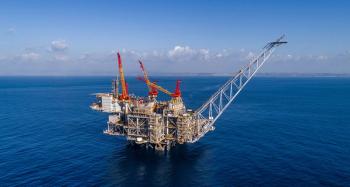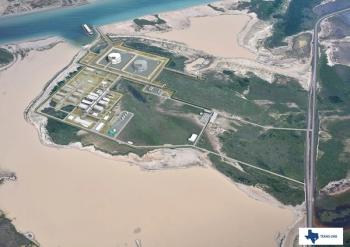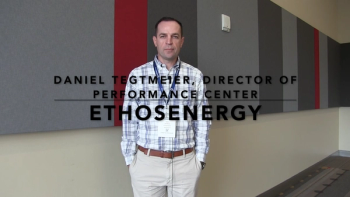
Emerson Implements Automation in HaloSep's Waste-to-Energy Process
Emerson collaborates with Swedish firm HaloSep to optimize a process for reclaiming materials from waste incineration residues.
Emerson is providing waste-to-energy automation solutions to HaloSep, a Swedish cleantech company. These solutions aim to optimize HaloSep's recycling process, which aims to extract valuable substances from the toxic residue of incinerator flue gases produced by waste-to-energy plants.
Emerson's control technology and software are being implemented in HaloSep's Process Optimization, Research and Technology (PORT) facility in Gothenburg, Sweden. The procedure in focus employs innovative chemical separation to reclaim salts, metals, and minerals from fly ash, a by-product of incineration. This HaloSep procedure offers a sustainable alternative to landfill disposal, enhancing the overall sustainability of the waste-to-energy industry.
The recovery of materials from challenging waste streams is a critical element in the drive towards a more circular economy. Over 2,600 waste-to-energy plants globally process about 460 million tons of municipal waste annually, of which 2-5% becomes flue gas residue or fly ash. This residue is a hazardous material, containing contaminants like heavy metals, chlorides, and sulfates. Presently, millions of tons of fly ash are transported to landfills by truck, rail, or sea, leading to considerable environmental and financial costs.
HaloSep President Staffan Svensson explained, "Fly ash from incineration, due to the irregular nature of household waste, has varying properties that necessitate distinct separation procedures. Our PORT plant will analyze global fly ash samples, test specific separation processes, and exhibit the benefits of the circular economy to potential clients." He added, "Emerson's technology and its expert advice on automation throughout the plant have been instrumental in refining these processes, thereby enhancing the sustainability of the waste-to-energy industry when deployed."
Emerson crafted a scalable control system architecture at the PORT facility and collaborated with HaloSep to formulate unique separation sequences to efficiently recycle variable-composition fly ash. Emerson's DeltaV distributed control system ensures the safe and efficient operation of the separation procedures. The software provides human-machine interfaces for operators, with dashboards guided by key performance indicators facilitating reporting, management, and optimized decision-making and operational performance.
Nathan Pettus, President of Emerson's process systems and solutions business, stated, "Emerson is devoted to aiding our clients in various sectors, such as plastics, lithium-ion battery manufacturing, and waste-to-energy generation, in fulfilling increasing industrial, processing, and energy demands through sustainable innovations that minimize environmental impact." He added, "Emerson's technologies and expertise are designed to handle the complexity of HaloSep's recycling process."
Newsletter
Power your knowledge with the latest in turbine technology, engineering advances, and energy solutions—subscribe to Turbomachinery International today.

